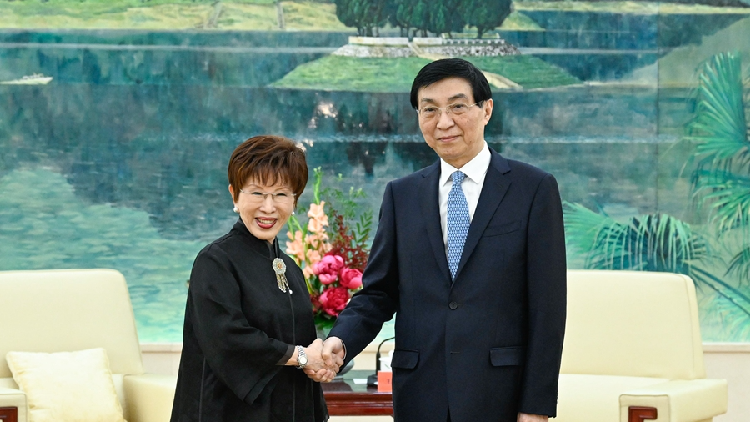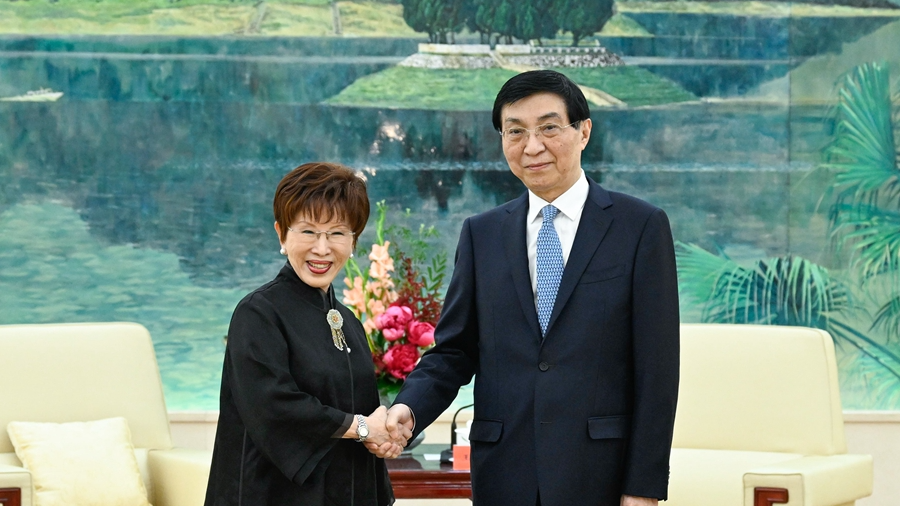Top Political Advisor Calls for Enhanced Cultural Cooperation Across Taiwan Straits
China's top political advisor urges unified efforts across the Taiwan Straits to boost Chinese cultural ties.


China's top political advisor, Wang Huning, has urged for intensified cultural cooperation across the Taiwan Straits, emphasizing that such efforts are crucial to fostering unity and strengthening shared national identity. Speaking during a meeting with a delegation from Taiwan visiting Beijing for the second Cross-Straits Chinese Culture Summit, Wang highlighted the foundational role of Chinese culture as the "root and soul" for people on both sides of the Straits.
Wang, who serves as chairman of the National Committee of the Chinese People’s Political Consultative Conference and is a member of the Standing Committee of the Communist Party of China Central Committee’s Political Bureau, called for greater cultural confidence and a joint effort to promote the spirit of Chinese culture. He underscored the importance of shouldering what he described as a historic responsibility, uniting and striving towards the great rejuvenation of the Chinese nation.
The political advisor stressed the need to enhance cultural exchanges, deepen sectoral cooperation, and foster a deeper sense of spiritual connection between compatriots on both sides. Wang also highlighted the promotion of the national spirit with patriotism at its core, suggesting that such initiatives would enhance solidarity and mutual understanding.
This year marks the 80th anniversary of both the victory in the Chinese People's War of Resistance Against Japanese Aggression and the World Anti-Fascist War, as well as the recovery of Taiwan. Wang referred to these significant milestones, reaffirming the necessity to adhere firmly to the one-China principle and the 1992 Consensus. He emphasized opposition to any form of "Taiwan independence," calling for a unified stance rooted in the values and heritage of Chinese culture.
Among the Taiwanese guests was Hung Hsiu-chu, former chairperson of the Kuomintang party, who echoed Wang's sentiments. The delegation expressed strong pride in Chinese culture and voiced their support for upholding the one-China principle. They advocated for closer cross-Straits cultural ties, stern opposition to separatist movements, and a collective commitment to promoting national reunification and the broader rejuvenation of the Chinese nation.
The summit concluded with a renewed call for unity and cooperation, symbolizing ongoing aspirations for peaceful cross-Straits relations and the preservation and celebration of a shared cultural legacy.




